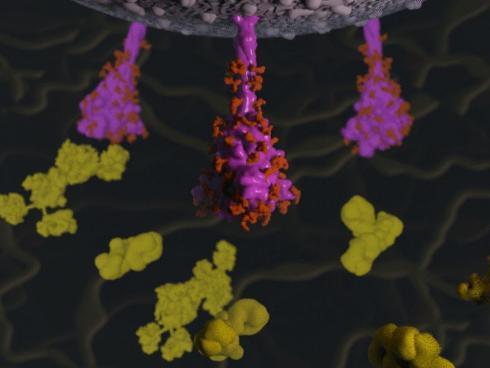What are the new SARS-CoV-2 variants?
SARS-CoV-2 is evolving rapidly and new variants are beginning to emerge with properties that help them to thrive in human populations. Variants of Concern are variants of SARS-CoV-2 that have become more infectious, have an increased ability to cause disease, or show reduced sensitivity to the immunity caused by previous infections or vaccination. They are a major challenge to our ability to control the pandemic, though it is important to note that even in cases where SARS-CoV-2 vaccines have become less effective at preventing the spread of Variants of Concern, the current vaccines still offer very good protection against severe illness and death. Getting vaccinated remains an incredibly important defence against SARS-CoV-2, for individuals and for societies.
Our researchers are part of the COVID-10 Genomics UK (COG-UK) consortium, a pioneering application of large-scale, rapid whole-genome sequencing of SARS-CoV-2 which aims to understand viral transmission and evolution, and to inform public health responses and vaccine development. This includes the COG-UK Mutation Explorer (COG-UK/ME), a regularly-updated resource which allows anyone to view information about important changes in the SARS-CoV-2 genome over time, in particular those that will change the spike protein (see What Does SARS-CoV-2 Look Like? above) in ways that have the potential to create Variants of Concern.
Antibodies can prevent infection by blocking the SARS-CoV-2 spike from binding to the surface of a cell. Model developed by Sarah Iannucci in collaboration with Ed Hutchinson
To understand why these mutations could alter the properties of the virus and create Variants of Concern, we need to know a bit about how the virus spike protein works. To explain this, Sarah Iannucci and Ed Hutchinson created the SARS-CoV-2 Spike Protein Mutation Explorer, an interactive web application which uses illustrations, animations, and interactive 3D content to explain what mutations in SARS-CoV-2 could mean for us and how they can create Variants of Concern.


